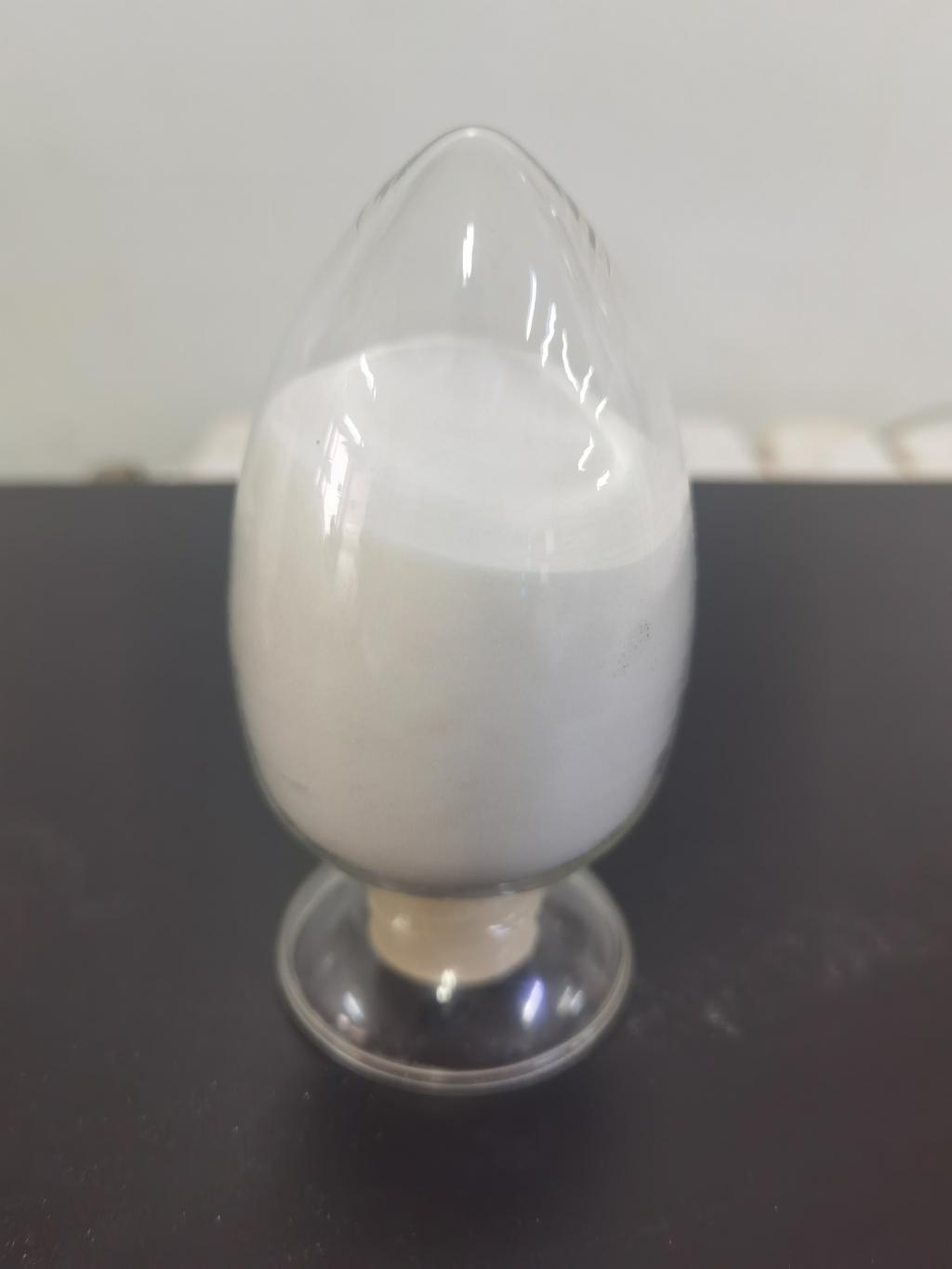Tel:+8618231198596

News
 CONTACT
CONTACT
 CONTACT
CONTACT
- Linkman:Linda Yao
- Tel: +8618231198596
- Email:linda.yao@dcpharma.cn
- Linkman:CHARLES.WANG
- Department:Overseas
- Tel: 0086 0311-85537378 0086 0311-85539701
News
Are there any concerns of resistant bacteria with the use of ε-Polylysine hydrochloride?
TIME:2023-03-23
What is ε-Polylysine Hydrochloride?
ε-Polylysine hydrochloride is a natural polymer consisting of multiple lysine molecules linked together. It is produced by certain strains of bacteria, including Streptomyces albulus. ε-Polylysine hydrochloride is used as a preservative in food products, particularly in meat and fish products, to prevent the growth of bacteria and extend the shelf life of the product.
Concerns about the Development of Resistant Bacteria
Antimicrobial resistance is a growing global health threat that occurs when bacteria develop the ability to resist the effects of antimicrobial agents, such as antibiotics and antimicrobial food additives. The use of antimicrobial agents in food products can contribute to the development of resistant bacteria, as these agents can select for bacteria that are resistant to their effects. There are concerns that the use of ε-polylysine hydrochloride in food products may contribute to the development of resistant bacteria and increase the risk of antimicrobial resistance.
Research on the Development of Resistant Bacteria
Several studies have investigated the potential for the development of resistant bacteria with the use of ε-polylysine hydrochloride. These studies have generally found that the risk of developing resistant bacteria with the use of ε-polylysine hydrochloride is low.
Resistance to ε-Polylysine Hydrochloride
A study published in 2012 investigated the potential for bacteria to develop resistance to ε-polylysine hydrochloride. The study found that while some bacteria were able to survive in the presence of ε-polylysine hydrochloride, they did not develop resistance to the substance. The researchers concluded that the risk of developing resistance to ε-polylysine hydrochloride is low.
Cross-Resistance to Antibiotics
Another concern with the use of antimicrobial agents in food products is the potential for bacteria to develop cross-resistance to antibiotics. Cross-resistance occurs when bacteria develop resistance to one antimicrobial agent and become resistant to other antimicrobial agents that have a similar mechanism of action.
A study published in 2018 investigated the potential for bacteria to develop cross-resistance to antibiotics with the use of ε-polylysine hydrochloride. The study found that while some bacteria were able to survive in the presence of ε-polylysine hydrochloride, they did not develop cross-resistance to antibiotics. The researchers concluded that the risk of developing cross-resistance to antibiotics with the use of ε-polylysine hydrochloride is low.
Effect on Gut Microbiome
Another concern with the use of antimicrobial agents in food products is the potential impact on the gut microbiome, which plays an important role in human health. A study published in 2019 investigated the impact of ε-polylysine hydrochloride on the gut microbiome in rats. The study found that consuming ε-polylysine hydrochloride had no significant impact on the diversity or composition of the gut microbiome in these animals.
While there are concerns about the potential development of resistant bacteria with the use of ε-polylysine hydrochloride, the available evidence suggests that the risk of developing resistant bacteria or cross-resistance to antibiotics is low. Additionally, a recent study found that ε-polylysine hydrochlor chloride has no significant impact on the diversity or composition of the gut microbiome in rats. However, it is important to note that more research is needed to fully understand the long-term effects of consuming ε-polylysine hydrochloride on bacterial resistance and human health.
In the meantime, it is important to use ε-polylysine hydrochloride and other antimicrobial agents in food products judiciously and in accordance with recommended levels to minimize the risk of developing resistant bacteria. Additionally, efforts to reduce the use of antimicrobial agents in food production, as well as the development of alternative, non-antimicrobial methods for preserving food, can help to mitigate the risk of bacterial resistance.
Consumers can also take steps to protect their health, such as practicing good hygiene and food safety practices, consuming a balanced and varied diet, and discussing any concerns about food additives with their healthcare provider.
Conclusion
In conclusion, the use of ε-polylysine hydrochloride as an antimicrobial agent in food products is generally considered safe for human consumption, with low risks of developing resistant bacteria or cross-resistance to antibiotics. However, it is important to use these substances judiciously and in accordance with recommended levels to minimize the risk of bacterial resistance. Ongoing research is needed to fully understand the long-term effects of consuming ε-polylysine hydrochloride on bacterial resistance and human health. Consumers can also take steps to protect their health, such as practicing good hygiene and food safety practices and discussing any concerns about food additives with their healthcare provider.
- Tel:+8618231198596
- Whatsapp:18231198596
- Chat With Skype







